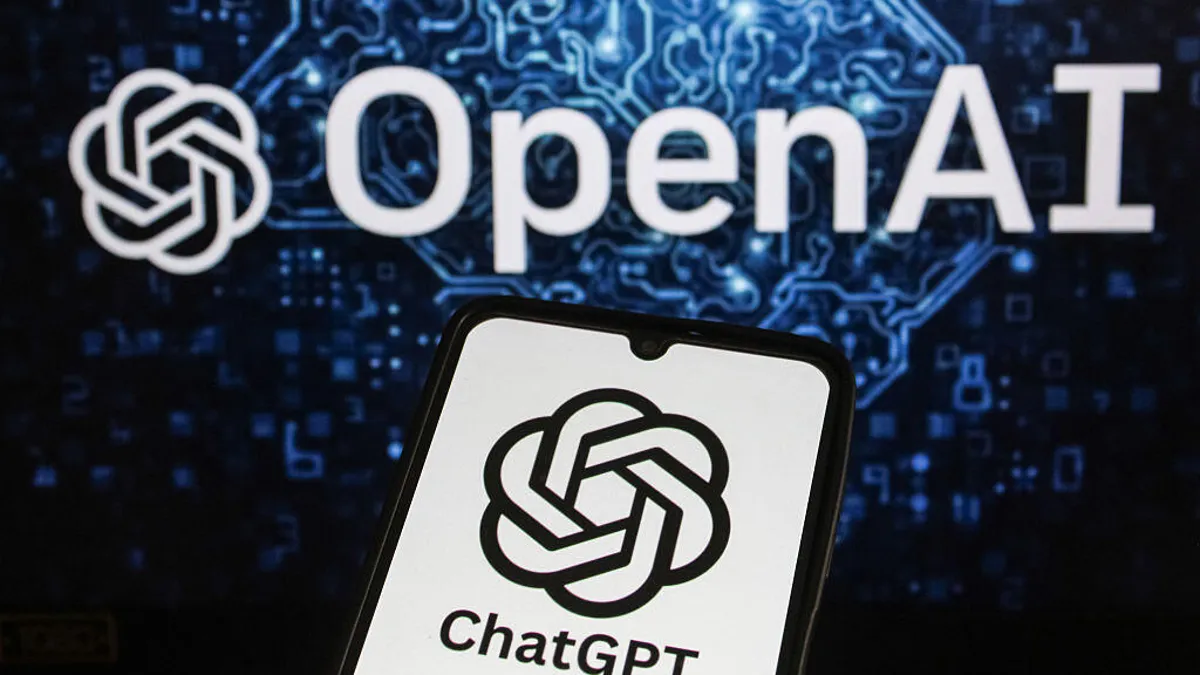OpenAI is making a major move in South Asia with the establishment of its first physical office in India, located in New Delhi. The Microsoft-backed artificial intelligence firm confirmed that it has registered a legal entity in the country and has already begun assembling a local team, signaling how critical India has become to its global strategy.
India has quickly risen to become OpenAI’s second-largest market by user base. Just this week, the company launched its most affordable subscription plan yet — priced at $4.60 per month — designed to reach the nearly one billion internet users in the world’s most populous nation.
“Opening our first office and building a local team is an important first step in our commitment to make advanced AI more accessible across the country and to build AI for India and with India,” said OpenAI CEO Sam Altman in the announcement.
However, the company’s growth has not been without challenges. Indian media outlets and publishers have accused OpenAI of using copyrighted material without authorization to train ChatGPT, a charge the company has strongly denied.
Meanwhile, the AI race in India is intensifying. Google’s Gemini and rising AI startup Perplexity are aggressively competing for market share, often offering premium-level features free of cost to attract local users.
Despite the competition, ChatGPT continues to gain traction in India. According to OpenAI, the country now represents its largest student user base, with weekly active usage quadrupling over the past year.
For OpenAI, the New Delhi office is more than just a geographic expansion. It reflects a strategic effort to strengthen ties in one of the fastest-growing digital economies in the world, while also tailoring its services to the unique needs of Indian users.


